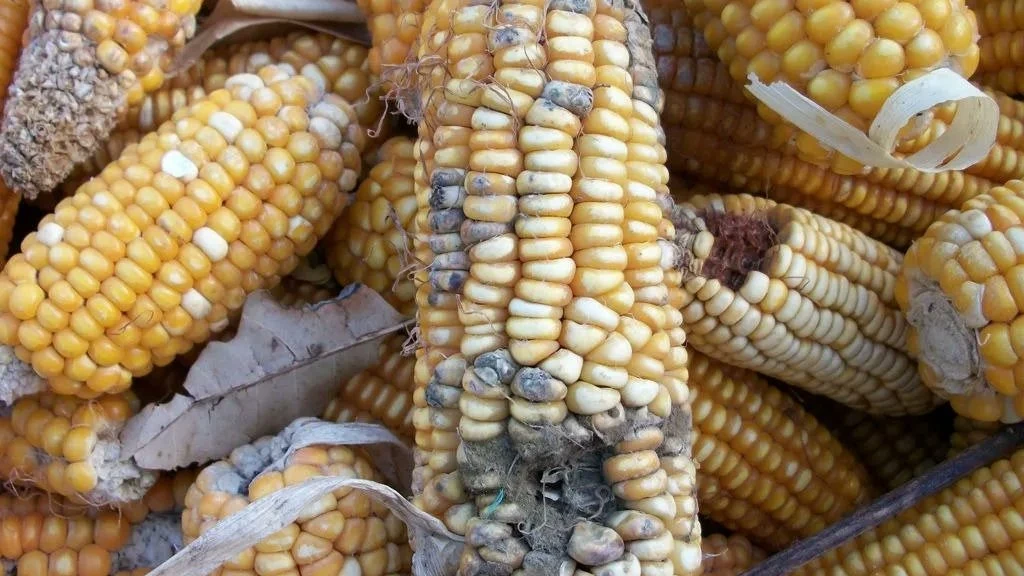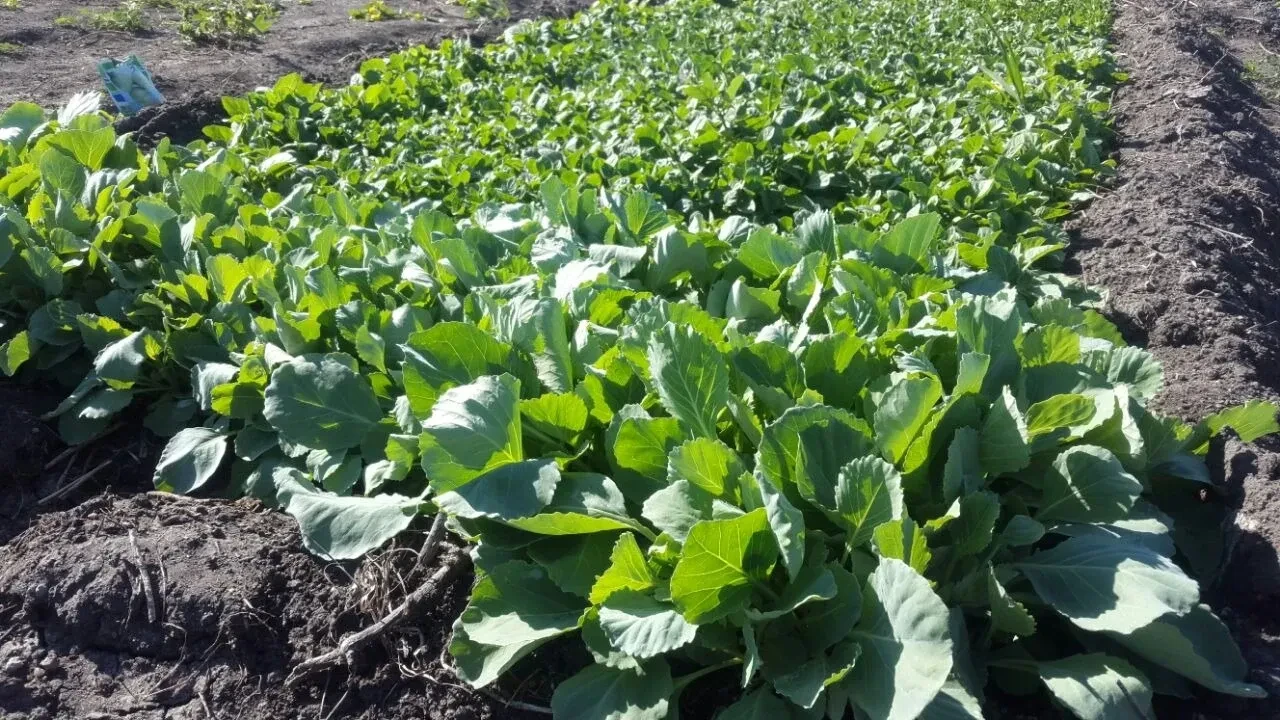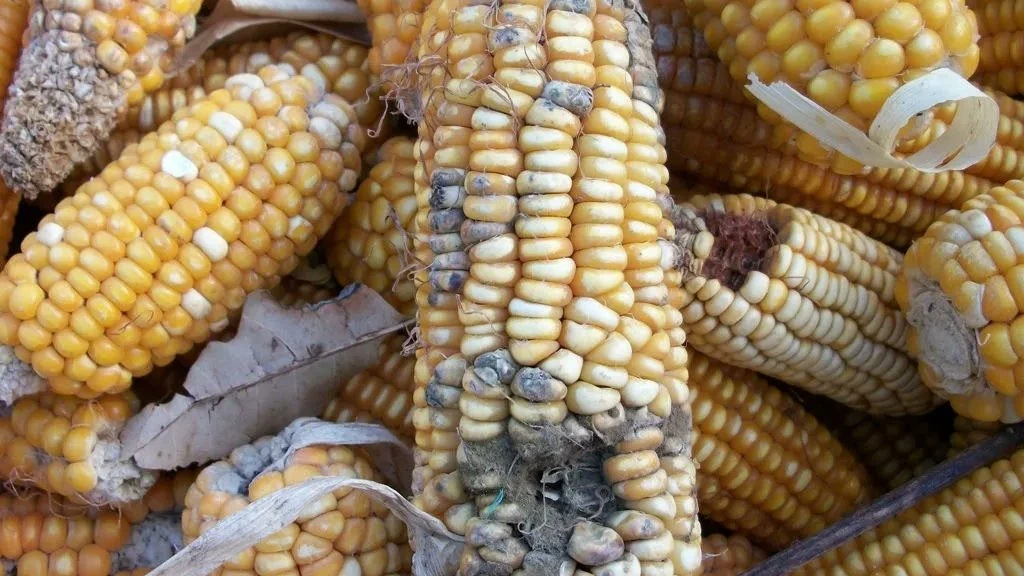Farmers alerted over aflatoxin risks in crops, livestock feeds

Farmers, grain processors, livestock keepers and other stakeholders in Tanzania’s agribusiness value chain have been urged to exercise caution in the production and sale of crops destined for human and animal consumption, amid growing concerns over contamination by aflatoxin.
Leticia William, Policy Advisor at GRAIN, issued the warning in Dar es Salaam last Friday while briefing journalists on the role of the media in food systems transformation. She revealed that visits to several regions had shown widespread contamination of maize, beans and other staples—crops commonly used to prepare children’s food and livestock feed.
“As a result, people, children, cattle, chickens, pigs and other animals are at great risk due to the use of contaminated crops,” she explained. “If you buy maize that has black or green colouring, do not use it to prepare children’s meals, and do not feed the bran to livestock. Aflatoxin is extremely dangerous—once it enters the human or animal body, it kills silently and can cause cancer.”
William stressed that livestock keepers must avoid feeding contaminated maize bran to animals, warning that humans later consume the meat, thereby compounding health risks. She added that improper storage of maize flour could also result in contamination.
“We call upon farmers, traders and processors to ensure maize, beans, groundnuts, soya beans and other grains are safe for both humans and animals. This is essential if we are to deliver better diets for everyone,” she said.
Aflatoxin, produced by the fungus Aspergillus flavus, is a widespread food safety threat in Tanzania. Despite efforts by farmers to adopt best agricultural practices, William noted the problem remains severe.
Groundnuts, pumpkin seeds and beans are equally susceptible, requiring vigilance when preparing children’s food or making peanut butter.
Research conducted between 2012 and 2014 in seven agricultural zones by Dr Deogratius Lwezaura, Principal Economist at the Ministry of Agriculture, with support from the Australian Government, confirmed that aflatoxin exposure can cause liver and oesophageal cancer, child stunting and impaired mental development.
Maize, Tanzania’s most important staple crop, is cultivated by around 85 per cent of smallholder farmers and consumed by a similar proportion of the population, placing millions at risk. Dr Lwezaura emphasised that contaminated maize also undermines export markets, warning that the costs of treating cancer far outweigh preventive measures.
Experts and extension officers have been urged to step up public education on aflatoxin, as many farmers remain unaware of the threat, even when shown visible evidence of the fungi.
Top Headlines
© 2025 IPPMEDIA.COM. ALL RIGHTS RESERVED

























